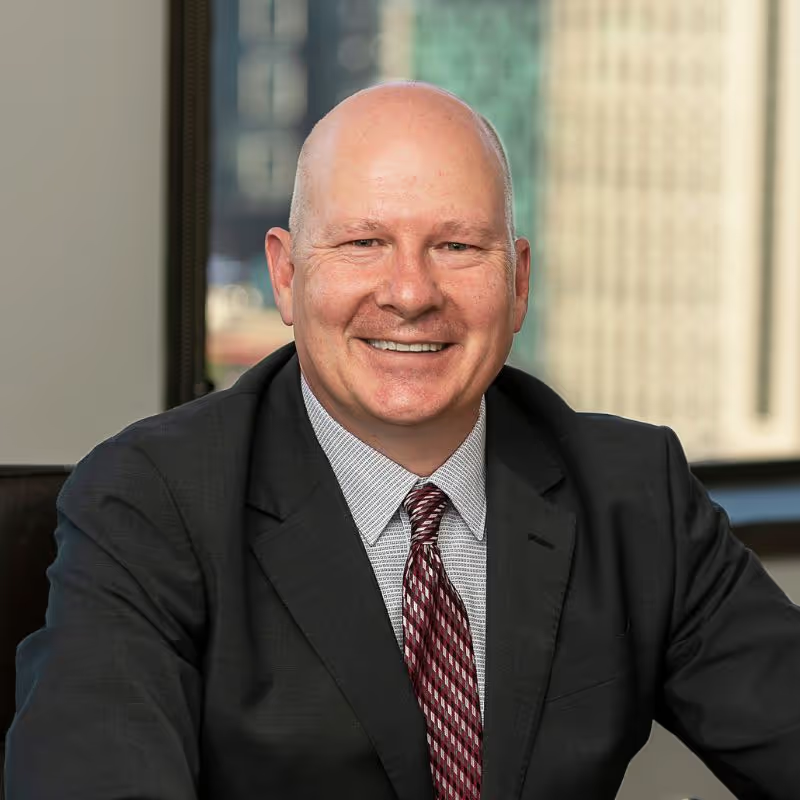For me, this year’s RIAA Conference Australia came at a moment of reflection.
I was closely involved in responsible investment in the Australian market for many years, most significantly seeing the huge growth of this bottom-up investment thematic whilst at Cbus. More recently, I’ve taken on a much more international role – as CEO of the PRI, based in London. I have regular interactions with the global network of signatories, and see how the nuances play out in different markets. And when I was invited to speak in Sydney, I’d just shared my plans to return full circle, to hand over the reins as PRI CEO in the next year, and to return home to Melbourne in 2026.
But whichever one of these perspectives I choose, I think we’re all at a critical juncture for sustainable finance. We’ve never faced challenges quite like those we face today. Political tensions, misinformation about our work, and the risk of burdensome litigation have risen to the fore. Day after day, the drumbeat of frankly depressing news headlines continues.
At the same time, the material sustainability risks we seek to mitigate as responsible investors aren’t going away. The world is still heating, social inequalities are compounding, and there is a resurgence of conflict and human suffering across the globe. All these factors have economic implications.
It is a difficult time to be a responsible investor. To address these challenges, I see four priority areas for 2025.
Education
To remain competitive in a challenging environment, a consistent and practical grasp of responsible investment concepts is essential. As we move towards a streamlined and simplified reporting experience, digital education offerings can support in managing responsible investment practices with greater precision and confidence. One recent example is RI Essentials: Australia, a training course developed by PRI in partnership with RIAA, ASFI, ACSI and IGCC.
The role of asset owners
Secondly, it's critical that asset owners globally recognise and leverage the crucial role they play in setting the tone for the entire market. The demand signals that asset owners put out into the investment ecosystem have the potential to shift the whole narrative around sustainability, and the PRI will do all we can to support them.
Communication
We know that ideological arguments against sustainability don’t hold water. Communication toolkits such as our database of evidence refute these arguments. This toolkit re-articulates the financial case for responsible investment and defends our signatories’ licence to operate as responsible investors.
Collaboration
We’re focusing heavily on collaboration with COP30 this year, even hosting PRI in Person in Brazil the week before. I’m really hopeful that this will enable us to make a powerful demonstration of investors’ priorities and needs as the politicians begin their negotiations.
On that note, I think it’s important to make the point – we must help to inform good policy wherever we can, but our success cannot be dependent on political cycles, which will inevitably shift over time.
We all know this. As our reporting data indicates, it’s about making well-informed decisions that support long-term value creation, and help investors meet their fiduciary duties.
The maturity curve is continuing – investors are expanding their RI practices, with the aim of enhancing risk-adjusted returns. Asset owners are demonstrating greater action and ambition. Investment managers’ approaches to RI are becoming more granular. Action in private markets is continuing to expand. More investors are taking action to address climate-related risks and opportunities, and social issues are rising up the agenda.
This growing maturity of practice comes at a time of changing political cycles globally, and we must cultivate the adaptability and resilience needed to thrive in all political circumstances. Our messaging and tactics may need to evolve accordingly, but the fundamentals of financial materiality must remain. For the PRI, the mission remains unchanged.
We all have an opportunity to shape the direction we take next – and together, we can really move the needle in a positive direction. Things are tough, and the clock is ticking, but time hasn’t quite run out yet.
At the RIAA Conference Australia in May, I further explored this topic, offering my unique insights into what’s happening in the sector, and the key developments that will shape our success in the coming years. If you attended the conference, please check your emails for a link to view the recording of my keynote address on ‘The future of global responsible investment’.
<hr>
<small> Disclaimer: The views and opinions expressed in this article are solely those of the author(s) and do not necessarily reflect the view or position of the Responsible Investment Association Australasia (RIAA). This article is intended as general information and should not be considered investment advice. It is recommended to seek appropriate professional advice before making any investment decisions.

CEO
,
PRI
Before the PRI, David served as the Deputy CEO for AMP Capital and prior to that spent almost 13 years as the CEO for Cbus Superannuation Fund, where he saw membership grow from 500,000 to over 750,000 and AUM rise to AUD $55 billion.

.avif)

%20(1).avif)
.avif)